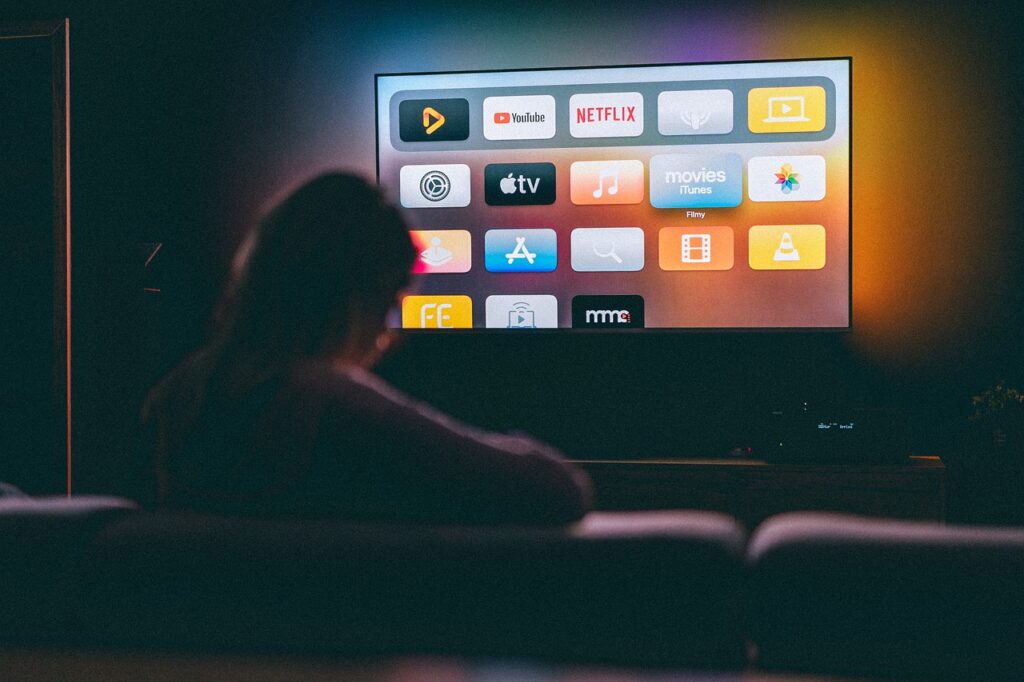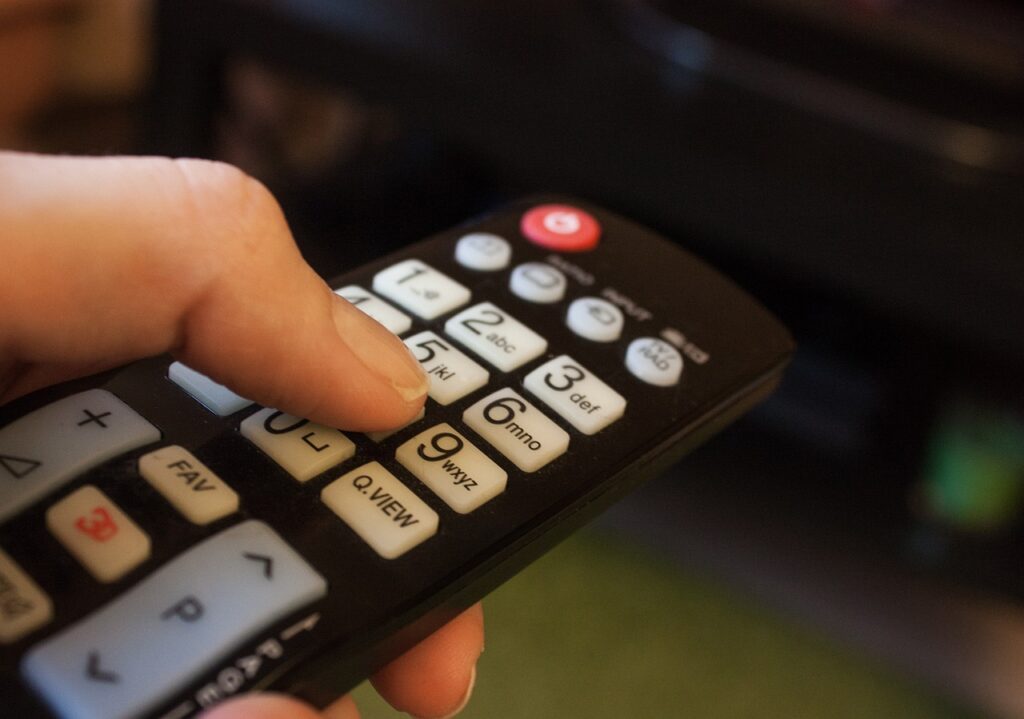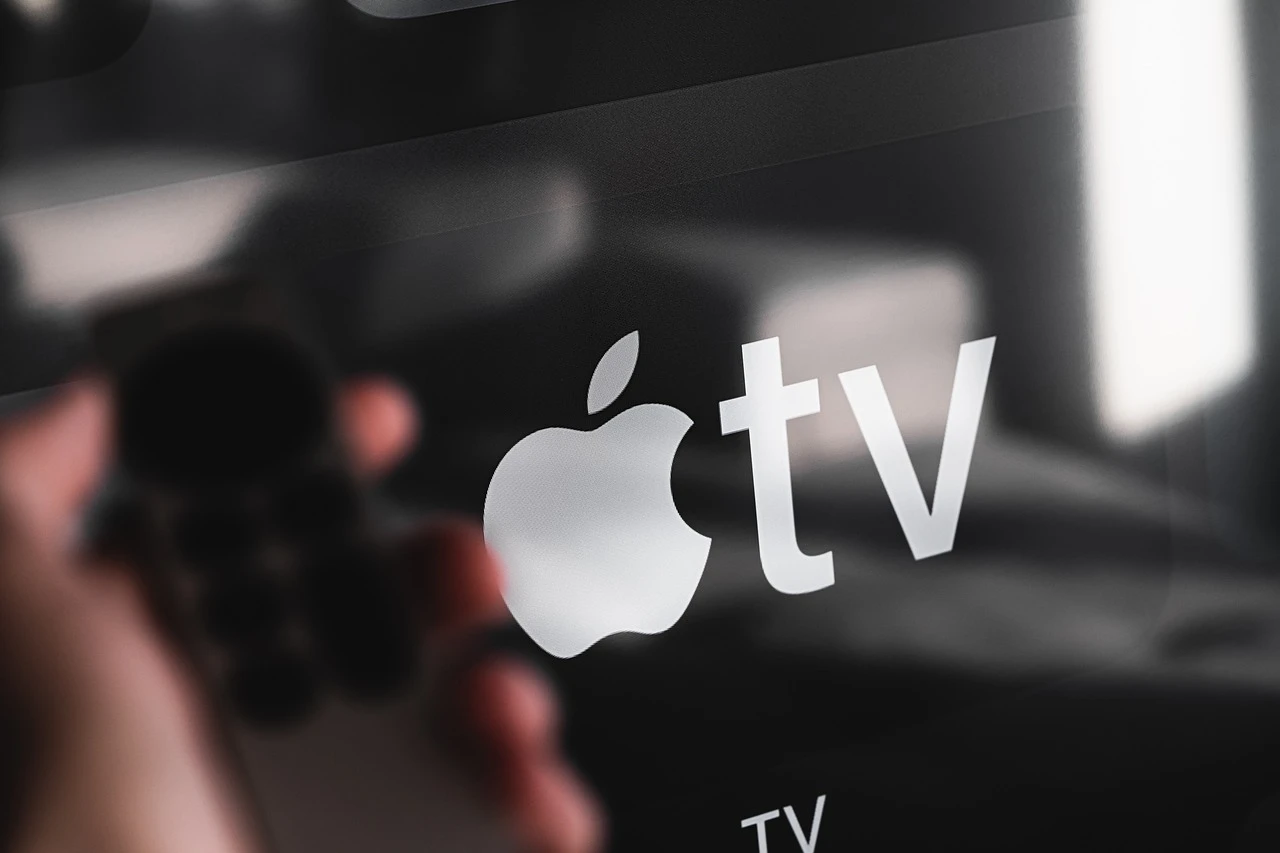Ensuring that your iPhone data stays secure is more important than ever. Apple provides a range of privacy settings to protect your personal information, but it’s crucial to understand both the advantages and limitations of each option. Here are key privacy settings you should enable to safeguard your data.
Limit Ad Tracking

Limiting ad tracking can prevent advertisers from collecting data about your browsing habits. By toggling off personalized ads, you’ll see fewer targeted advertisements, giving you a more private browsing experience. This setting reduces the amount of personal data shared with advertisers and limits the scope of targeted ads.
Location services can be a significant privacy concern. You can choose to disable location services entirely or adjust permissions for individual apps. Setting apps to “While Using the App” instead of “Always” helps limit tracking when you’re not actively using an app. This gives you more control over how and when your location is shared.
Control App Permissions
When you install apps, they often request access to various features on your device. It’s important to review these permissions regularly. By checking which apps have access to your contacts, photos, and other personal data, you can revoke permissions for apps that don’t need them to function properly. This enhances your control over who can access your information.
Two-factor authentication adds an extra layer of security to your Apple ID. This means that even if someone has your password, they will still need a verification code sent to your device to log in from a new device. Enabling this feature protects your account from unauthorized access and enhances your overall security.
Adjust Safari Privacy Settings
Safari offers several privacy features that can enhance your online security. You can enable options like Prevent Cross-Site Tracking and Block All Cookies to protect your browsing data. These settings help prevent tracking by third-party advertisers and increase your online privacy.
If you use the Mail app, enabling Mail Privacy Protection prevents senders from knowing when you open an email or your location. This feature ensures that your email interactions remain private and limits the tracking of your email behavior.
Review Health Data Sharing
For those using the Health app, it’s essential to manage which apps have access to your health data. Regularly reviewing these permissions can help ensure that only trusted apps can access sensitive information about your health and wellness.
For sensitive information stored in Notes or Reminders, consider locking those items for extra security. This feature ensures that only you can access certain notes or reminders, providing an additional layer of protection for your private data.
Enable Find My iPhone

Find My iPhone is a valuable tool for tracking your device if it gets lost or stolen. Ensuring that this feature is enabled gives you the ability to locate your device quickly and easily, helping to protect your personal data in the event of theft or loss.
By enabling these essential privacy settings on your iPhone, you can take significant steps toward protecting your personal information and enhancing your digital security. Regularly reviewing these settings will help you maintain control over your privacy, ensuring that your data remains safe in an increasingly interconnected world.

Leave a Reply